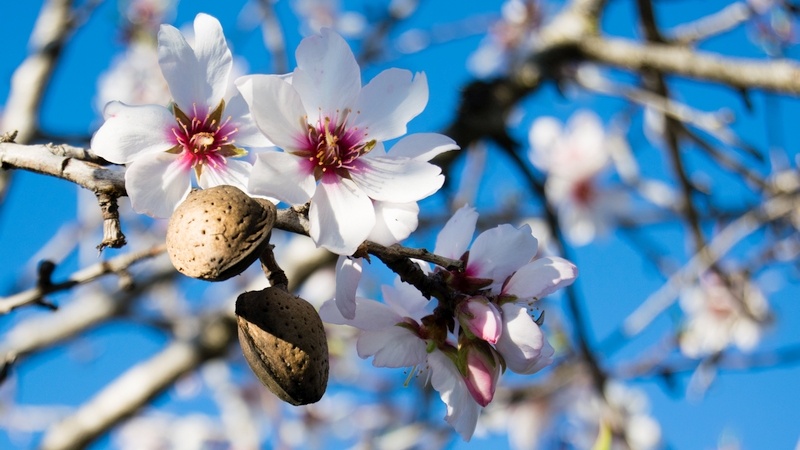Mulling Weed Management — What It Might Look Like 5 Years From Now
American Vegetable Grower asked several U.S. weed specialists to cite the most promising weed management solutions on the horizon for conventional growers.
Here’s what they had to say.
Scott Stoddard, Farm Advisor, University of California Cooperative Extension Merced County: “Improved cultivators and high-tech ‘see and remove’ weeders, which include mechanical knives, lasers, and target sprayers. However, I do not see these as stand-alone solutions — I think they will need to be used in conjunction with herbicides and hand labor.”
John Palumbo, Professor/Extension Entomologist, University of Arizona: “Automation, in particular mechanical thinning and laser weeding in the leafy vegetable crops. The same for organic growers.”
Marco Pena, Assistant in Extension, University of Arizona: “We have seen that mechanization is showing good promise for the control of Palmer amaranth, which is referred to as the ‘king of weeds,’ with finger weeders. Dr. Mark Siemens tested steam weed control by applying band-steam in lettuce at the Yuma Agricultural Center. There are several companies developing new weeding technologies as well as precision cultivating technologies that look promising.”
Jed Colquhoun, IPM Program Director, University of Wisconsin-Madison: “In vegetable crops, we’ve been working on practical, affordable solutions that can be integrated with conventional management strategies without the need for additional energy, time, or inputs.
The overall goal is to optimize crop production, with the same or fewer inputs, such as water and fertilizer, such that they’re more competitive with weeds and yield better.
For example, we’ve worked with carrot breeders to select varieties that emerge earlier, more completely, and form a foliar canopy that’s more competitive with weeds, while also enhancing foliar disease resistance. In this example, growers can significantly improve weed control by simply changing the seed in the planter. In a holistic sense, I see a great opportunity to combine several of these small and simple tactics in a systematic way to favor the crop over weeds.”
Rakesh Chandran, Extension Specialist, Weed Science and IPM Coordinator, West Virginia University: “Through the IR-4 program and its rigorous prioritization and screening processes to come up with potential herbicides that are effective for vegetables, conventional growers may have more tools in the next five years. Sustained funding for such programs is essential to bring promising solutions to growers. Conventional growers may also have to diversify their control methods by integrating non-chemical methods of control to reduce the buildup of herbicide-resistant weeds in vegetable production.”
Stanley Culpepper, Extension Weed Scientist, University of Georgia: “When considering economics and effectiveness, registering new herbicidal tools that are safe and effective for the vegetable grower is the greatest opportunity to support conventional farmers in the area of weed control. As we build the toolbox, it is critically important for our vegetable farmers to implement a sound, systems approach in managing weeds, which is arguably a relatively new approach; in the past we were lucky to have one or two effective options in many crops.”
What promising weed management solutions look and sound most viable to you? Leave a reader comment below.










